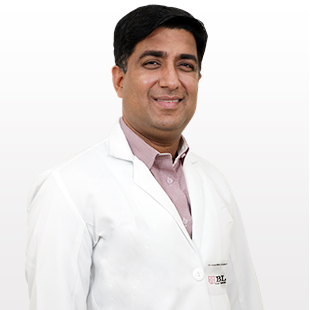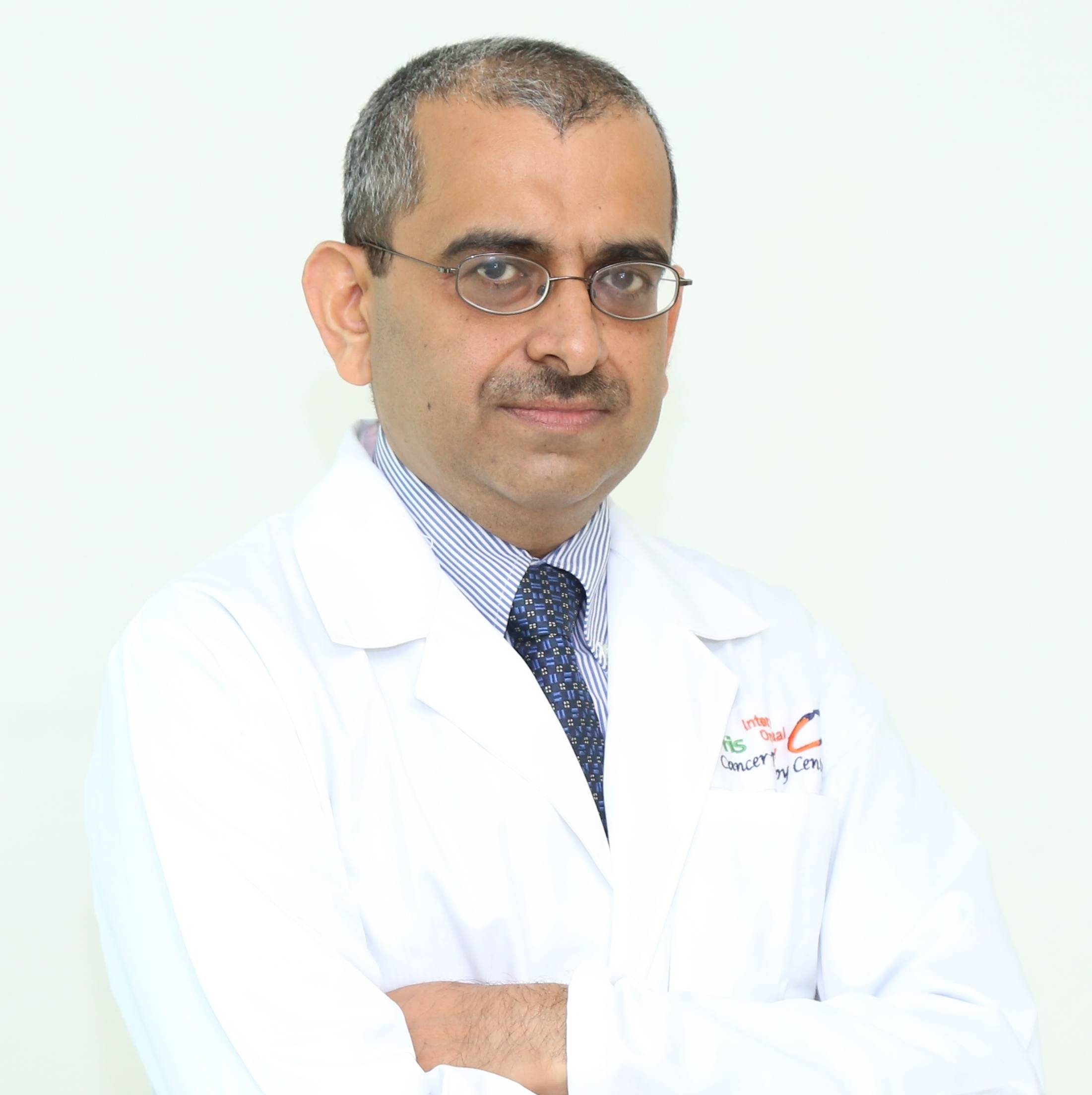About The Doctor
Dr. Alok Gupta is a Director of Medical and Haemato Oncology at Medanta Lucknow. He practices both solid tumour oncology and hematolymphoid oncology. His area of expertise is diagnosis and medical management of cancer, including the use of chemotherapy, targeted therapy, immunotherapy and hormonal therapy. During the last 16 years, he has worked on several oncology research projects. He has been actively involved in training, education and as a thesis guide of medical oncology residents and clinical research students.
Specialization
- Medical and Haemato Oncology
Awards
- First prize in Gynae-oncology Tumor Board Competition at 25th Annual Conference of Association of Gynaecologic Oncologists of India, 2017
- First prize in quiz on Acute Leukemia at Annual Conference of Mumbai Hematology Group, 2014
- First prize in quiz on Multiple Myeloma at Mumbai Hematology Group, 2014
Frequently Asked Questions About Oncology and Haematology
How many kinds of tumours are there?
There are two kinds of tumour – Malignant & Benign. A benign tumour is more common, and is generally harmless. It doesn’t spread to other parts of body. A malignant tumour on the other hand, never stops growing unless until treated and can spread to other parts of the body. cancer is the name given to a malignant growth.
Is cancer contagious or infectious?
No. Since cancer is not caused by a germ, it is not “catching”, and cannot be transmitted from one person to another.
How does Cancer spread?
A malignant tumor is made up of cancer cells. When it first develops, this malignant tumor may be confined to its original site. This is known as a cancer in situ (or carcinoma in situ). If these cells are not treated, they may spread beyond their normal boundaries and into surrounding tissues, becoming invasive cancer. Some benign tumors are precancerous and may progress to cancer if left untreated. Other benign tumors do not develop into cancer. For a cancer to grow bigger than the head of a pin, it must grow its own blood vessels. This is called angiogenesis. Sometimes cells move away from the original (primary) cancer, either by the local tissue fluid channels (lymphatics) or in the blood stream, and invade other organs. When these cells reach a new site, they may continue to grow and form another tumor at that site. This is called a secondary cancer or metastasis.
What are the warning signs of Cancer?
The chances of curing cancer increase with early detection. The Indian Cancer Society and other organizations recommend paying attention to seven warning signs of cancer:
– Changes in bowel or bladder habits
– Unusual bleeding or discharge
– A sore that does not heal
– Indigestion of difficulty swallowing
– A nagging cough or hoarseness
– A thickening or lump in the breast or elsewhere
– An obvious change in wart or mole
A physician can detect cancer by taking medical history, performing routine check ups, cancer screening tests, imaging techniques and tissue biopsy.
What is Chemotherapy used for?
Chemotherapy is given for the following reasons:
– Shrink tumors
– Slow cancer’s growth
– Keep the cancer from spreading
– Relieve diseases related symptoms
– Prolong survival
Chemotherapy is used to treat many different types of cancer. The type, location, and stage of the cancer as well as your general health will largely determine if chemotherapy is appropriate and which agents ought to be used.
Is blood cancer curable?
Every blood cancer at present is treatable with the availability of novel therapies including targeted therapies and monoclonal antibodies.
What are the treatment options for blood cancer?
Treatment of blood cancer includes chemotherapy, immunotherapy, targeted agents including monoclonal antibodies and Bone marrow transplant
What are the benefits of taking treatment through MMT instead of directly from the doctor?
We provide services from top doctors across top hospitals to ensure that you get the best treatment.












